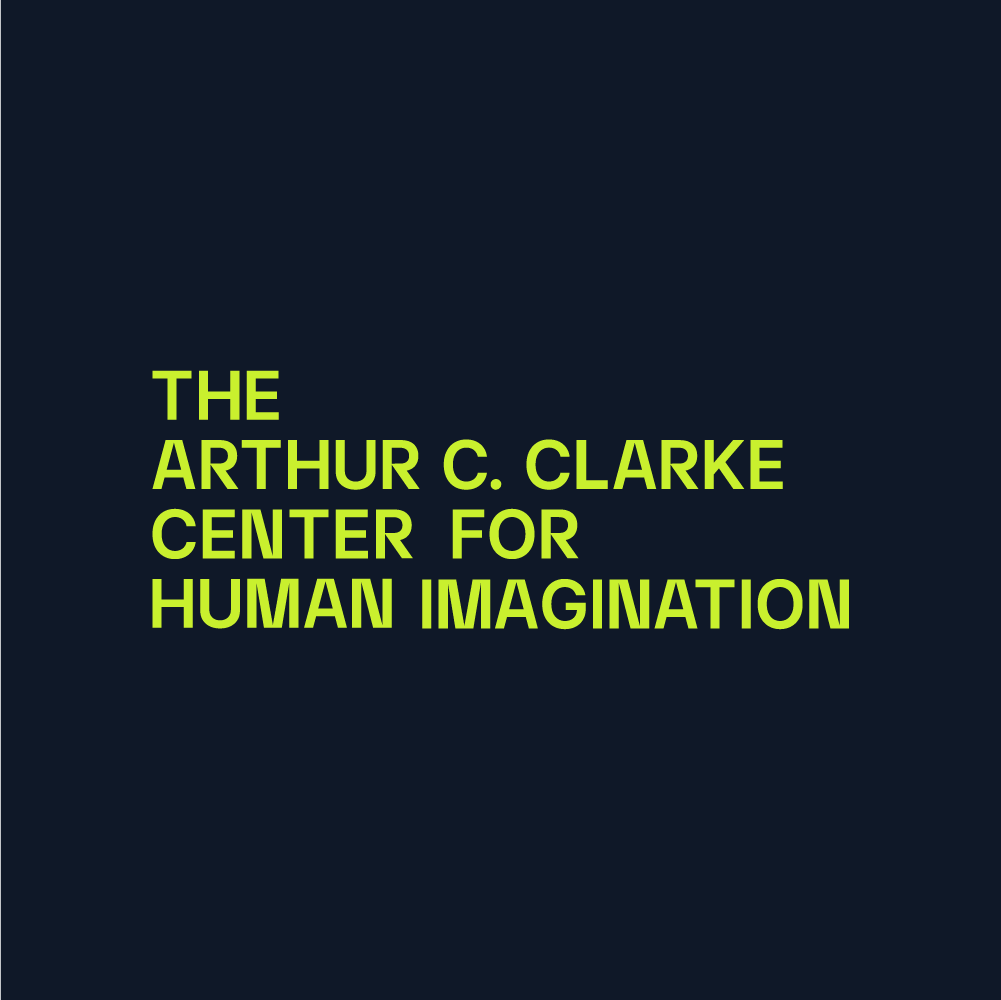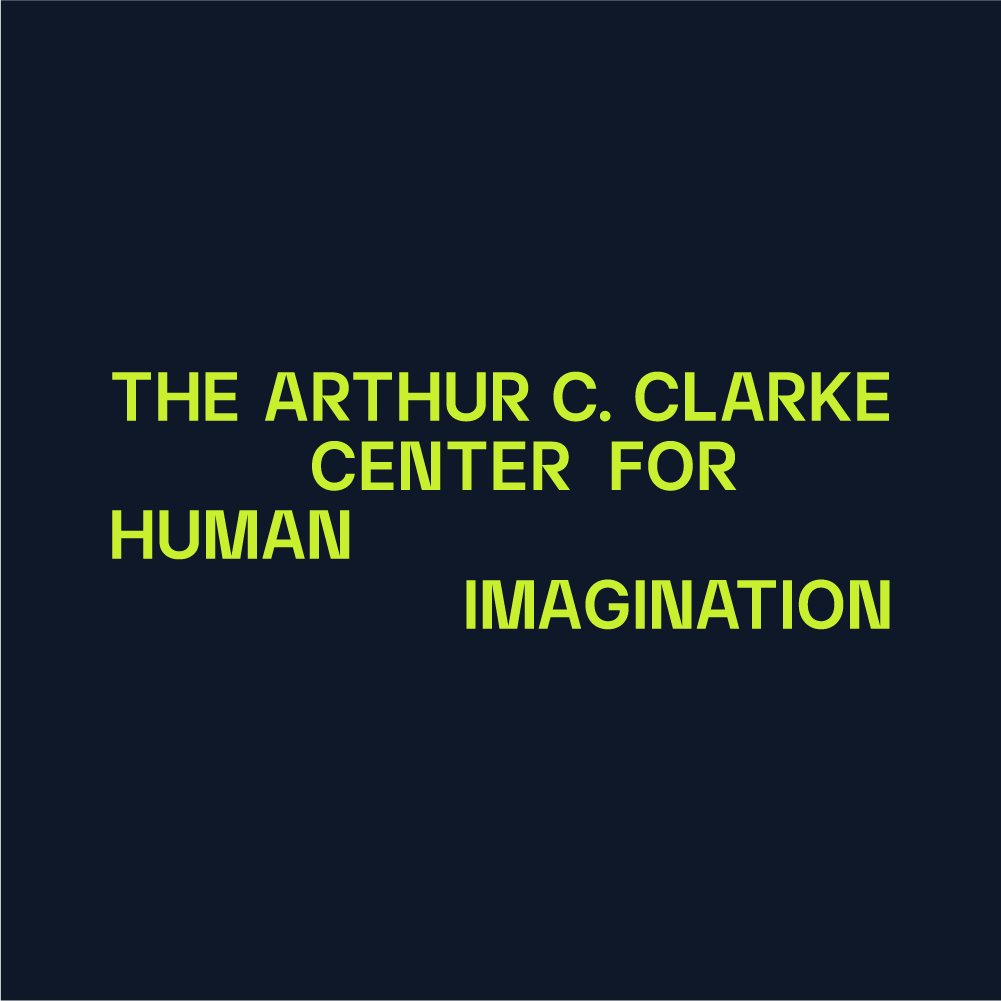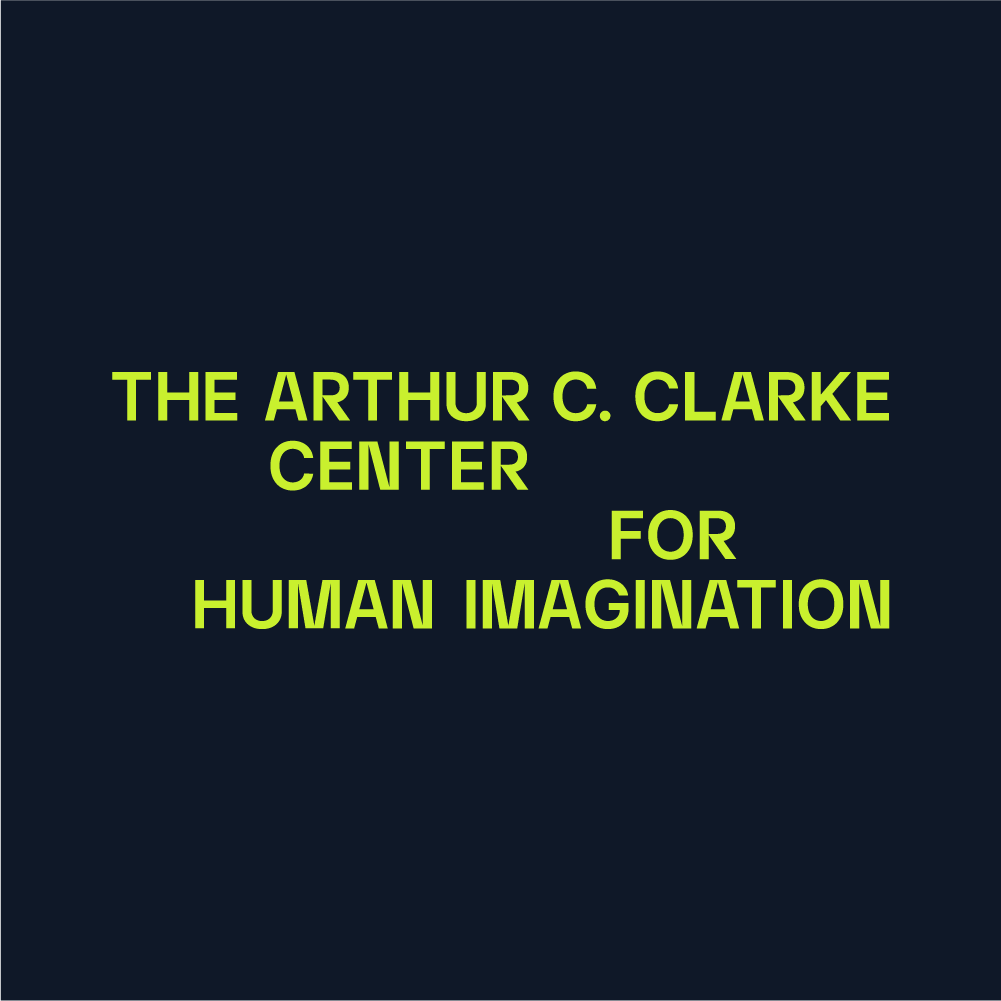
Designing the MarsSuit for Future Mars Exploration Missions
February 9, 2023
5:00–6:00pm
Medical Education and Telemedicine Auditorium (map), Room 208
Free and Open to the Public
In 1991, Dr. Lawrence Kuznetz (MS Me, PhD, UC Berkeley) did the first serious study of a radically different space suit for exploring Mars in an NRC postdoctoral thesis. Since that time, “Dr K” has nurtured the design through the hypernet paradigm (a STEM-based interactive learning tool) and countless presentations to diverse audiences in order to move the “MarsSuit” closer to reality. NASA is now serious about sending humans to Mars, and there is work to adapt the MarsSuit’s pathogen protection feature to an MQ suit, a Mobile Quarantine PPE that could help stop the next pandemic.
Join us for a live demonstration of the Mars and MQsuits, learn more about their development and engineering, and take a close-up look at these exciting technologies that may shape human exploration of the cosmos in the decades to come.

Dr. Lawrence Kuznetz, MS Me, PhD, UC Berkeley
Dr. Lawrence Kuznetz was on console at Mission Control during Apollo 11 and introduced the Space Shuttle to the American people on the Johnny Carson Tonight Show. He also helped build Space Shuttle Columbia, demonstrated that water could remain liquid on the surface of Mars and that native extremophiles could survive there. He’s a pioneer in STEM education and is currently building the first spacesuit for Mars and a PPE “Q-suit” based on it that could stop the next pandemic. Dr. Kuznetz holds graduate degrees from UC Berkeley and Columbia University, has eight US patents and is the author of a cli-fi novel about the earth/mars diaspora, an autobiography” of the space shuttle, and a spacesuit user’s manual for kids.








